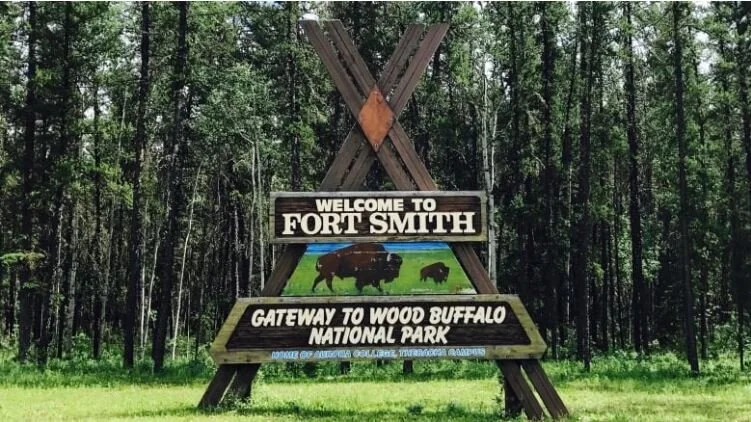In a news release on Tuesday, the GNWT said current data shows water flowing fast on the Slave, Tazin, and Taltson rivers, while water levels in Great Slave Lake are high for the time of year – conditions that lend themselves to flooding. The territory stressed it is difficult to predict the likely impact come springtime. Factors include how much precipitation arrives in the coming weeks, the thickness of the ice, and when – and how quickly – that ice thaws.
Environment Canada resuming water monitoring in Mackenzie River Basin, still no consultation with Northern leaders
Dene National Chief Norman Yakeleya said that the issue of water safety, especially flowing from the oil sands, has been a concern for as long as he has been Chief. In a tele-press conference Yakeleya told media that he is “befuddled as to why an essential service, such as monitoring the quality of the water coming from the oil sands production fields, was suspended.” He said that water is essential for drinking, for fish, for the animals, and “for the sake of all people in the Northwest Territories.”
Smith's Landing First Nation asks N.W.T. to speak out against northern Alberta mine
The chief of Smith's Landing First Nation near Fort Smith, N.W.T, is calling on the territorial government to speak out against a northern Alberta mining project. "The government of the Northwest Territories is strangely silent … on the oil sands projects," Chief Gerry Cheezie said. Cheezie said that N.W.T. Premier Caroline Cochrane should be hosting meetings with Prime Minister Justin Trudeau and Alberta Premier Jason Kenney to make sure the Indigenous communities living within the Mackenzie water system will not be affected by the controversial $20.6 billion Teck Frontier mining project that is proposed for a site 110 kilometres north of Fort McMurray, Alta.




